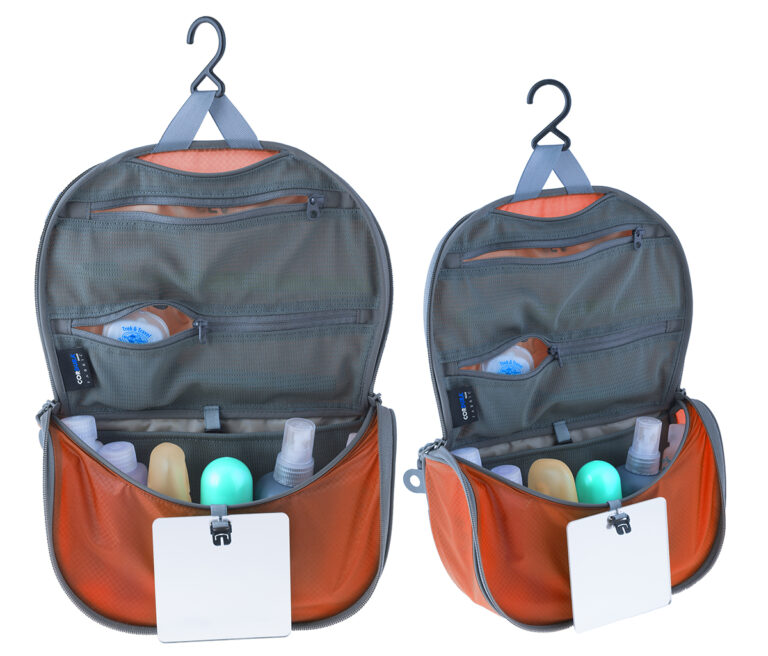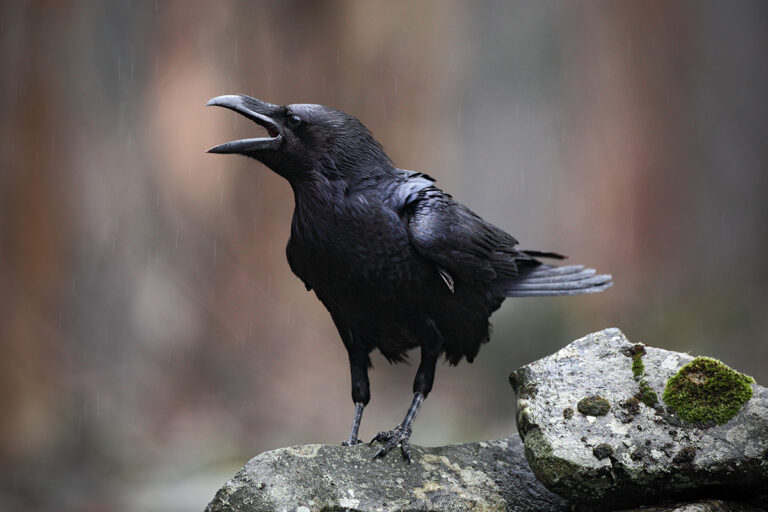EASTERN WASHINGTON SURE doesn’t feel like high desert country lately.
So why not set out that rain barrel you bought on sale from Real Goods last fall, under a gutter, and capture some of the recent downpours for the tomato plants? Wouldn’t saving some of the rain water for later use help to prevent the flushing of raw sewage into the Spokane River when our storm-water collection system is overwhelmed by a “gully-washer?”
People around the state do just that-many, however, in violation of decades-old water use laws. Technically, using that little barrel to irrigate your garden is illegal.According to Washington State Department of Ecology Environmental Specialist Kevin Brown, “the capture and use of water from rainfall for beneficial use requires a permit.” The 1917 water code states that the rains pouring off your roof and into your clogged gutters belong to the State of Washington. The reason: harvesting even relatively small amounts of precipitation alters aquifer and river levels, and the Department of Ecology is charged with ensuring that everyone has enough water.
For the first 60-70 years of the water rights laws, the harvesting of rain for “beneficial use” was practically a non-issue. But water availability is now critical as we face imminent shortages because of increased demand due to rapid growth and the contamination of existing sources.
Rain water harvesting is not a recent phenomenon reserved for the Northwest conservationminded. People around the globe have been collecting precipitation for thousands of years and still do, especially in arid and coastal areas. In parts of New Zealand, houses are built on stilts over rain-holding tanks that serve all of their water needs.An urban house in Portland,Oregon collected enough rain that a meter-reader assumed its water gauge was broken and charged the owners anyway, based on their past water usage. Linda Moulder of Spokane County collects and uses the rain water that falls on her roof “because it is the right thing to do,” she says. She is so committed to living as sustainable a life as possible, Moulder said, that she and her husband, Jerry White, also have a composting toilet and use their washing machine discharge to water a maple tree.
In place for about five years on her 14 acres west of Spokane, Moulder calls her collection system “crude.” Simple as it may be, it works well enough to supplement her slow-to-recharge well. Using gutters to divert rain to a large covered plastic livestock trough, and inexpensive PVC tubing to route it through a drip system, the water is then used to irrigate several aspen trees and a willow on the property.
“An above-ground swimming pool is also an excellent holding tank for saving and using rain,” added Moulder.
Rainfall measured at Spokane International Airport at press time set a new record at 2.73 inches for the first 13 days of June, looking to break the record 2.85 inches for the month, and setting us up for possibly a record year, as well.
We do still live on the arid side of the state, however, averaging just 16 inches of precipitation a year. And come August, gardens, bushes and patio containers will be thirsty for the rain we have been complaining about the past few weeks. MOULDER & WHITE: BREAKIN’ THE LAW? PHOTO: JORDAN HUOTARI.
Even so, an average of 15,623 gallons of precipitation falls annually on a 1,500-square-foot rooftop, most of it in the form of snow. Approximately 6,700 gallons of rain can be harvested off the same roof from March through September.
Several attempts have been made to pass legislation creating an exemption to the 1917 water code that would allow for rain-water harvesting, most-recently in January, 2005. Senate Bill 5113, presented to the Committee on Water, Energy & Environment, proposed an amendment that would have given the Department of Ecology the power to permit rain-water in collection in cisterns and barrels. The legislation, however, never made it out of committee.
While the State has long maintained that regulating the collection and use of precipitation ultimately helps ensure the health of Washington’s waterways and sources, some local residents, including Moulder and White, save and conserve water not only to reduce the amount of water they need to pump from aquifers, but in hope that such efforts may prevent future water shortages and reduced river flows.
“I want my grandchildren to have resources,” says Moulder.
For more info on rainwater collection and permits: WA State Department of Ecology (509)329-3400.
Rainwater Collection for the Mechanically Challenged, www.rainwatercollection.com.












